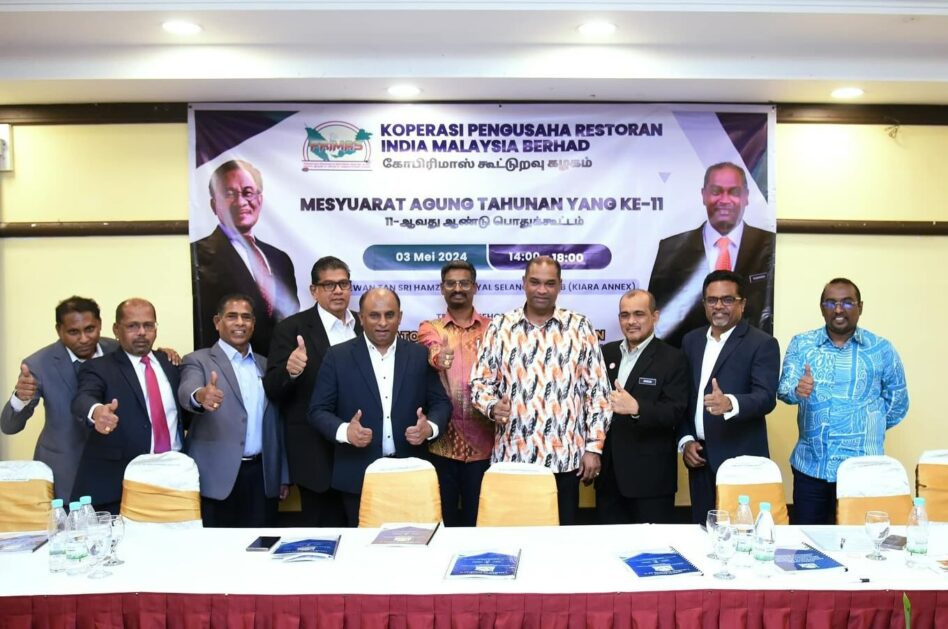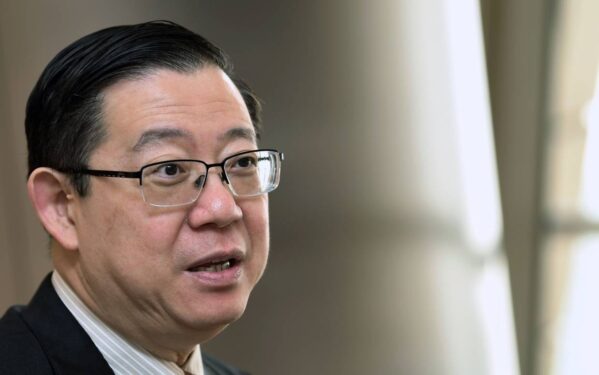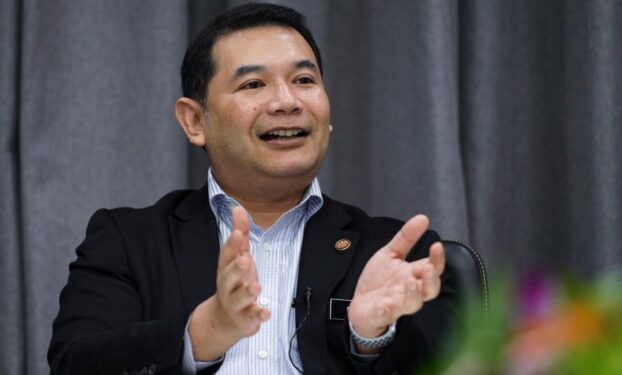THE Malaysian automotive industry is to grow beyond the domestic market and further into being export-driven, says Malaysia Automotive, Robotics & IoT Institute (MARii) CEO Datuk Madani Sahari.
Speaking to the media after a briefing on the outlook of the automotive sector for the coming year, he said the local automotive industry is now focusing on production numbers to start moving towards exports.
At the briefing, which was officiated by Datuk Seri Norazman Ayob, deputy secretary-general of industry of the Ministry of International Trade and Industry, Madani shared the highlights of the auto sector in 2019 as well as the outlook for the sector this year.
According to him, exports of the automotive sector recorded a total of RM15.45 bil in 2019, making it the fifth continuous year it has increased. The exports of parts and components have also risen, to RM13.7 bil, while remanufactured parts and components saw an increase to RM722 mil, marking continuous growths year-on-year (YoY) for both.
Total Industry Volume (TIV) and Total Production Volume (TPV) both rose in 2019 to 604,287 and 571,632 units respectively, bringing the ratio to 95%, which is reportedly the highest recorded figure since 2014.
“This signifies the industry’s capabilities to continuously meet consumer and industry demands through local assembly,” said Madani, adding that the sector created 65,388 new jobs in 2019 across both the manufacturing and aftermarket segments.
Interest in energy-efficient vehicles has also increased, with an all-time high penetration of 88% of cars sold, which Madani noted signified the public’s increasing interest and demand for futuristic powertrains, fuel savings and carbon emission reduction.
He elaborated on the National Automotive Policy (NAP) 2020 and pointed out that key measures in the automotive industry will move towards accelerating the development of next generation vehicles as well as mobility-as-a-service in Malaysia, which includes the adoption of fourth industrial revolution (IR 4.0) technologies.
An electric vehicle interoperability centre will be developed, which will contain the facilities needed for the testing of next-generation vehicles such as charging stations, smart grid integration solutions and other infrastructure to accommodate the research and development phase of future mobility.
Also in the works is an autonomous vehicle testbed, which will allow all businesses in the mobility ecosystem to collectively design and validate their products in a single location, in collaboration with all members that contribute to the design pool for autonomous driving.
According to Madani, MARii aims to have the ground-breaking ceremony for the test bed facility in April.
The industry is also targeting a TPV and TIV of 578,000 and 610,000 units respectively for 2020, while aiming for a continued increase in energy efficient vehicle penetration to 90%. – March 3, 2020










